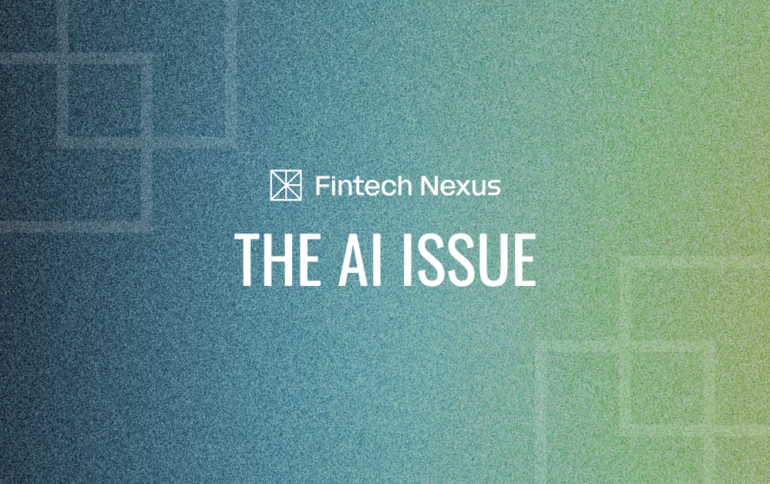It’s easy to get lost in the doom loop around AI—job loss, deepfakes, copyright battles, the slow erosion of critical thinking. No shortage of headlines there.
But in all the talk of AI’s existential risk, it’s just as easy to overlook its existential opportunity: the chance to fundamentally reshape how we solve some of our biggest, stickiest problems.
With this week’s AI for Good Global Summit underway and AI Appreciation Day (yes, that’s a thing now) slated for next Wednesday, July 16th, we’re spotlighting examples of AI being put to work with the intent of making society better:
- Blockchain for Better ? Goodr connects surplus food from businesses to nonprofits, using blockchain to fight food insecurity and keep donations transparent.
- Fighting Fire with Firepower ? Startup Pano AI detects early signs of wildfires in real-time. OroraTech similarly tracks heat anomalies, maps fire locations, and models fire spread. Power giant Eaton built an AI-powered system to detect power line faults in under half a second to prevent sparks before they start.
- Accessibility for All ? Tools like Ava, Voiceitt, and Be My Eyes break down accessibility barriers by offering real-time captioning, speech recognition for non-standard speech, and AI-powered visual assistance.
- Digital Doppelgängers ? Corporations are leaning on AI-powered digital twins—virtual replicas of supply chains and systems—to reduce waste, optimize sourcing, and boost efficiency. According to McKinsey, the market’s expected to hit $125B+ by 2032.
- AI That Trains Back ? Sana is upskilling employees by personalizing workplace learning, adapting content to how employees learn best.
We’ll be sharing more next week. Have you developed a product or internal tool leveraging AI for positive social, human, or planetary impact? Send it our way: [email protected].
Of course, with AI spreading this fast, another question looms. As every company races to deploy new models, new tools, and new “agents” to handle tasks big and small… who’s going to manage it all?
This week, we’re digging into agent sprawl, the emerging reality where dozens (or hundreds) of AI agents run quietly in the background. The challenge doesn’t lie in what they can do but in who keeps them in check—and how.
The Editors


